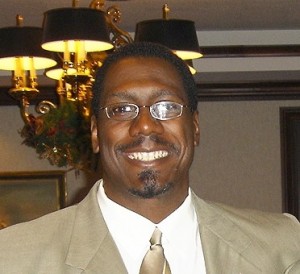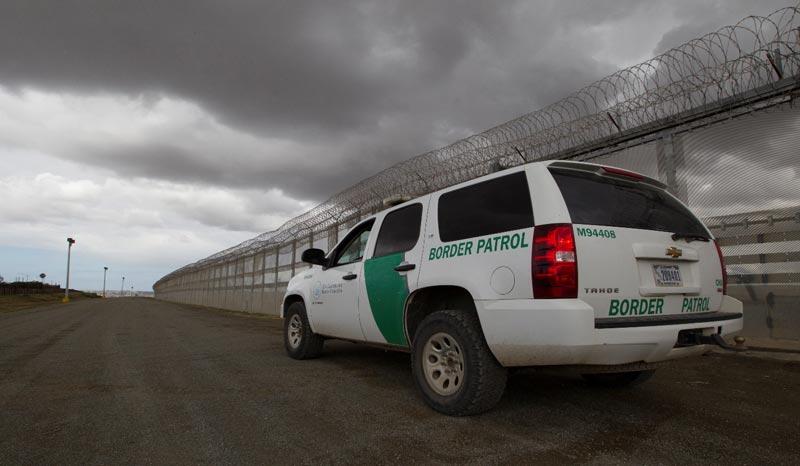(ThyBlackMan.com) Where is the Black John Walsh? He’s the host of the America’s Most Wanted show and publicizes open cases weekly. Our victims should be put on blast by enlisting the community in its own security. Those silent about suffering condone more to come. Beyond simply locking people up is another overriding concern: reloading the civil right of safety back into community consciousness. This is done by mobilizing against hoods in the  ‘Hood as vigorously as racial profiling and police brutality. Selective response on our part gives thugs a green light. So long as we exclusively march against external violators of Black Life internal ones run wild.
‘Hood as vigorously as racial profiling and police brutality. Selective response on our part gives thugs a green light. So long as we exclusively march against external violators of Black Life internal ones run wild.
John Walsh style advocacy is a good start. While many factors contribute to our crime rate, minimal community outrage is a hidden helper. It’s not that Black folks love crime. Our mute posture is wrapped up in the worst possible history with pubic safety. Against this backdrop, cooperating with law enforcement becomes racial betrayal. Black victims are then twice victimized as potential witnesses or rescuers refuse to assist. Do they deserve such internal Jim Crow treatment? Handcuffing community outrage against crime handicaps our civil right of safety. While certain officers and agencies leave much to be desired, not engaging them emboldens criminals. White folks commit crime too but most suspects in inner city cases are also Black. It’s not a knock on the community to put bad actors on front street. One reason why White victims get so much press is community outrage. They quickly pressure politicians; raise reward money and generate publicity to solve crime far more than our currently posture. We’re the only ones who can change the culture that encourages silence.
Ignoring Black concerns is one of the oldest features of American public policy. We can aid and abet this process or make necessary noise about Black crime victims. Prevention is very popular in community public safety dialogue. Revulsion at incarceration rates prompts supporting preemptive efforts. The prison industrial complex seems a plantation in too many eyes. While it has its repressive overtones, silence about community crime is also repressive. Our peers on the other side of town often dependably produce outrage. I remember being invited to join the board of an anti-crime group. It was born after the murder of a wealthy White girl. Well heeled residents grabbed local politicos by the proverbial throat and demanded action. Their chairman told me the city’s mayor ( its second Black one ) was warned he wouldn’t be reelected if the crime wasn’t quickly solved.
I declined their offer because victims who look like me simply weren’t a priority. Bringing cases from the inner city would fall on deaf ears. While the victim in question didn’t deserve death, their racism didn’t deserve a Black face to validate their campaign. They were an excellent community outrage model to study. Loudly declaring Black victims are also important balances a lop sided public safety equation. It can’t get done on its own. Only we can make it a priority. Accepting murder and other serious crime is just as wrong as personally committing these offenses. Black victims deserve community outrage. Otherwise the next victim could be you. Would silence be then be acceptable? In the early 20th Century the NAACP strenuously lobbied for anti-lynching legislation. Can we do less in the de facto face of current self-inflicted lynching? The basic question is whether we also hold Black Life in low regard. Racist are expected to but obviously we shouldn’t. Holding ourselves in low regard means there’s nothing to talk about. If we do respect ourselves then protecting Black Life assumes the priority it deserves.
That’s where being our own versions of John Walsh comes in.
Written By Nadra Enzi
Official Websites;
http://www.captblack.info
http://www.blogtalkradio.com/nadraenzi




















Leave a Reply